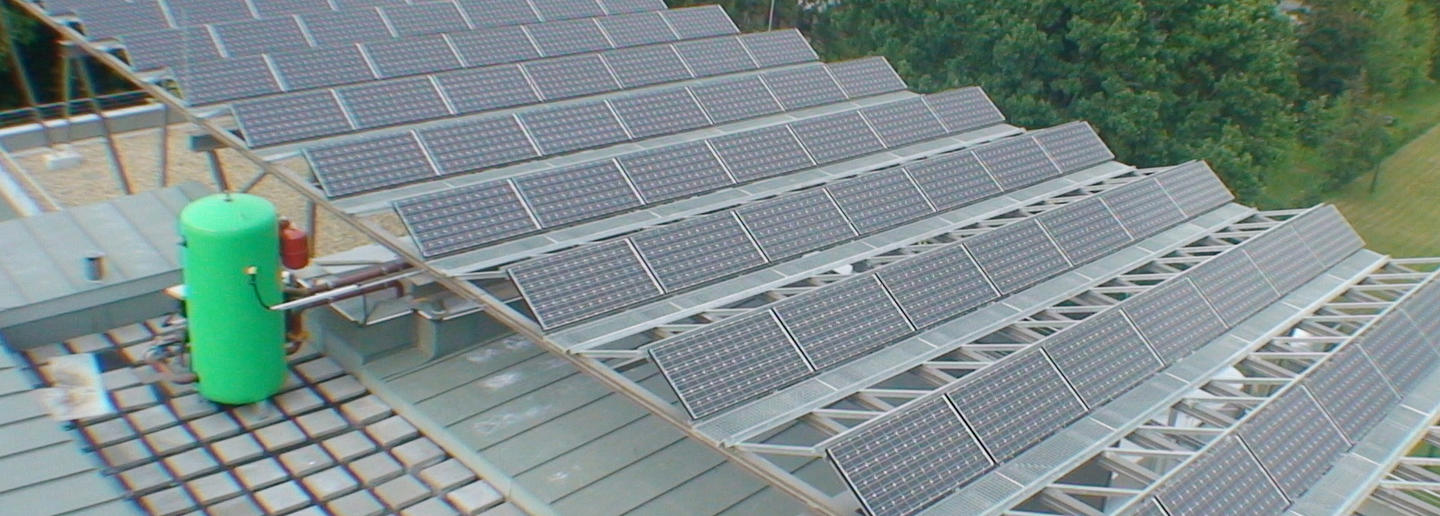Norway, Iceland and Liechtenstein strengthen their contribution to reducing European disparities with increased funding for the period 2009-14. The new 5-year funding schemes of €1.79 billion represent a 22% increase compared with the EEA and Norway Grants 2004-09. Norway provides 97% of the total funding which goes to the 12 newest EU member states, as well as Greece, Portugal and Spain.
Strengthening bilateral relations between the beneficiary states and the donor states is in the new period introduced as a second overarching objective. In addition to project-level cooperation, public entities in the beneficiary states will cooperate with counterparts in the donor states in the implementation of the national programmes that will provide grants to projects.
Environment and climate change main priorities
A quarter of the funding – around 450 million euro – will target environmental and climate efforts. At a seminar in Brussels today (9 September), 32 programme areas are presented to the beneficiary states, of which 11 deal with environment or climate change issues. Energy efficiency, carbon capture and storage (minimum 160 million euro), biodiversity and green industry innovation are among the areas to be supported.
Strengthened support to civil society
Tailor-made NGO funds in 11 countries under the EEA and Norway Grants 09-14 proved highly successful, according to an evaluation to be published on 10 September. Strengthening civil society in Central and Southern Europe remains an important priority for the EEA Grants and Norway Grants. A minimum of 99 million euro will be earmarked to new funds for non-governmental organisations, while NGOs will also be eligible for funding under many of the other programme areas available.
Norway, Iceland and Liechtenstein will also continue to support research and scholarships, cultural heritage, human and social development, health, and the justice sector. The donor and beneficiary states will now start talks to define priorities in each country.
